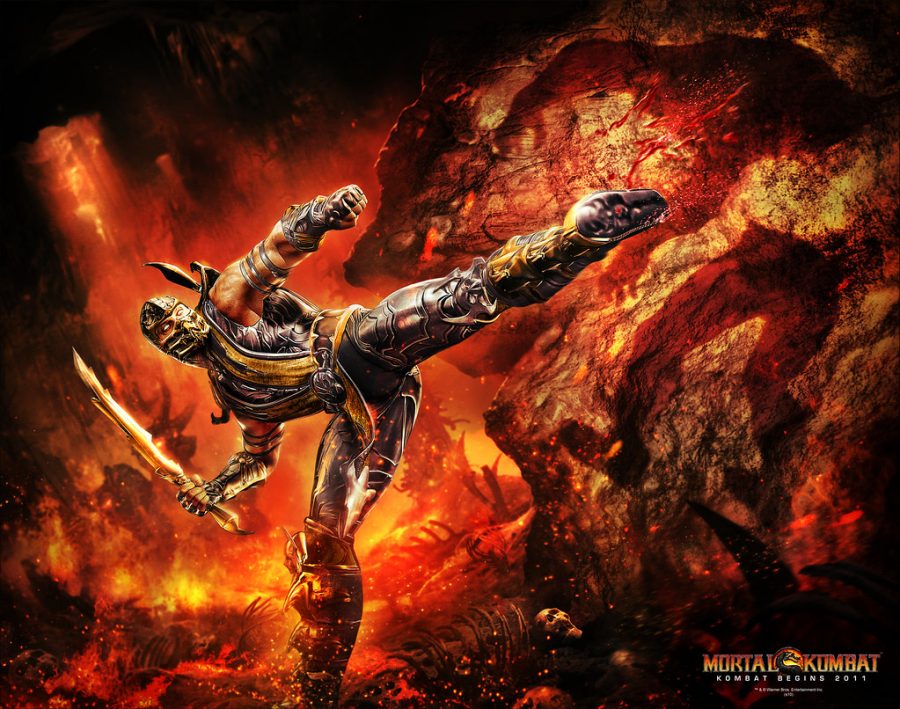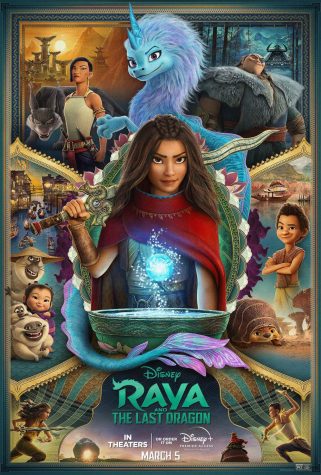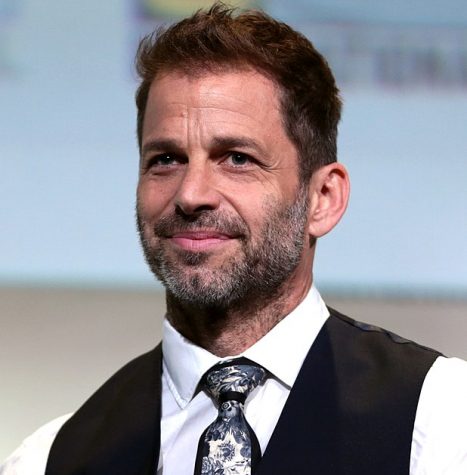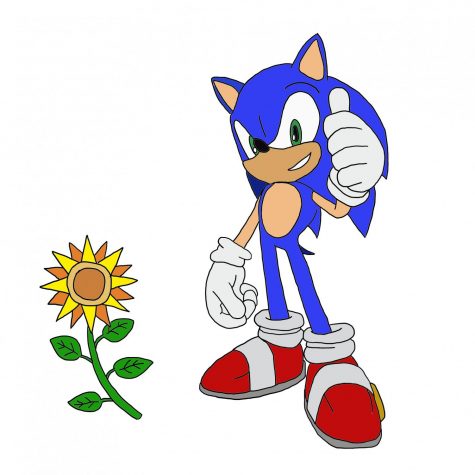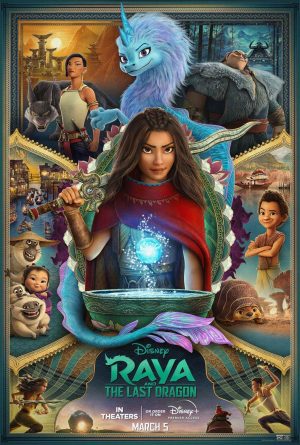When Will We See the First Great Video Game Movie?
Recent video game movies have received mediocre praise, but video game lovers within the film industry bring hope to the genre
SOBCONTROLLERS VIA FLICKR
Video game movies are becoming more common as both cinema and the gaming industry evolve.
May 9, 2021
Hollywood is putting a lot of faith in video game movies. A film based on “Mortal Kombat” was released on April 23, an “Uncharted” adaptation is coming out soon and even a “Metal Gear Solid” movie is in the works. The genre has come a long way since the days of the widely panned “Super Mario Bros.” and “Street Fighter” movies of the mid-1990s. But what exactly has changed, and are we due for a video game adaptation masterpiece any time soon?
Sometimes Video Games Are Movies
One thing that has changed is the games themselves, which have increasingly become more cinematic over the years. Take the “Mortal Kombat” game series for example; the first “Mortal Kombat” game involved a story mode with limited lore. Players had to choose one protagonist then fight to the death with the characters they didn’t pick. The reward for beating the game was several lines of backstory and a few extra images of the chosen character reacting to their victory.
But by 2019’s “Mortal Kombat 11,” the franchise made significant improvements to its story mode. The series has vastly expanded its in-game storylines. “Mortal Kombat 11” has had its story mode cutscenes compiled and uploaded to YouTube, one of which comes in at just under a four-hour runtime without any footage of player-controlled fighting. The dialogue from these cutscenes is long enough to make two full-length feature films.
Hideo Kojima’s Metal Gear Solid debuted in 1998 on the original PlayStation console and is infamous for its long cinematic cutscenes.
Additionally, the structure of the “Mortal Kombat” story mode has changed. Instead of following one character, the game switches perspectives between characters, allowing the viewer to control and fight with a predetermined variety of different characters as the story progresses. Players are fed decent amounts of character development as they shuffle through various familiar faces like Sonya Blade and Johnny Cage. Now, filmmakers have more in-game material to draw from.
The new “Mortal Kombat” movie is introducing a new character named Cole Young, played by Lewis Tan (“Deadpool 2”, “Iron Fist”), to introduce the world of “Mortal Kombat” to audience members who are unfamiliar with the series.
“Mortal Kombat” was released in theaters and on HBO Max on April 23.
What to Look Forward To
Speaking of cinematic video games, Golden Globe winner Oscar Issac (“Ex Machina,” “Star Wars: The Rise of Skywalker”) has been cast to a film adaptation of “Metal Gear Solid.” Hideo Kojima’s Metal Gear Solid debuted in 1998 on the original PlayStation console and is infamous for its long cinematic cutscenes. The adaptation’s script is being created by Jordan Vogt-Roberts, director of “Kong: Skull Island,” who will try to break a long streak of failed attempts at bringing “Metal Gear Solid” to movie theaters.
Movies that use video game themes and aesthetics have helped the beleaguered genre turn a corner. Films like 2012’s “Wreck-It Ralph” and 2010’s “Scott Pilgrim vs. the World” used video game-like CGI and sound effects, earning praise from critics and fans alike. While the stories of these films aren’t based on any one video game, they proved that authentic references to gamer culture could be incorporated into successful films.
Later that decade, game adaptations started getting better. All of the top four video game adaptations on Rotten Tomatoes — “Tomb Raider,” “Sonic the Hedgehog,” “Detective Pikachu” and “Angry Birds 2” — have all been released in 2018 or later. But adaptations weren’t better just because they had more material to work with; the people who make adaptations are increasingly coming from a generation that grew up with games.
Gamers Are Growing Up and Making Movies
Gaming consoles were a novelty in the 1990s. “Street Fighter” actor Raul Julia took on the role of M. Bison because his kids liked the video game series, according to The Guardian. Since video games were mostly enjoyed by children at the time, it was rare to find an adult actor who played video games enough to understand the basics of the game, let alone its plot and themes.
Engagement with video games can inspire film creators to get involved with adaptations of stories they’ve already navigated with a controller.
But those gamer kids have grown up, and some of them happen to be in the film industry.
Vogt-Roberts thinks that the problem with video game adaptations is that the people making these films aren’t invested in the games that they’re adapting, according to /Film. “I think that like you’ve got guys like (Dan) Trachtenberg and a handful of people like me now who are growing up having our brains rewired by Zelda and Metroid ’cause there’s a logic to videogames,” Vogt-Roberts said. “There’s a language to them. And I don’t think that there’s been a wave of directors who have come up who are filmmakers who were rewired like that.”
Fans of the “Rainbow Six” video game series can look forward to film adaptations in the near future. Michael B. Jordan stars in “Without Remorse,” the first film in a new franchise that will lead into multiple “Rainbow Six” movies. Jordan played the “Rainbow Six” video game series growing up, according to Movieweb. While “Without Remorse” and “Rainbow Six” were originally Tom Clancy novels, Jordan’s comments show how engagement with video games can inspire film creators to get involved with adaptations of stories they’ve already navigated with a controller.
“Without Remorse” was released on Amazon Prime on April 30.
The Illusive One
Despite improvements within the genre, a video game adaptation masterpiece has yet to appear on the big screen. It’s hard to imagine a movie like “Mortal Kombat” or “Detective Pikachu” receiving the Oscar for Best Picture. Part of the problem is the negative perception of video games as a trivial hobby. Roger Ebert once famously wrote that “video games can never be art.” Some of that sentiment can rub off on video game adaptations. But now that gamers are making films, perhaps a truly excellent video game adaptation is inevitable.

